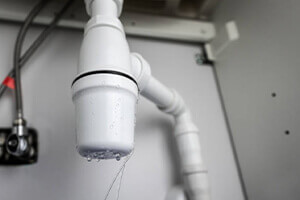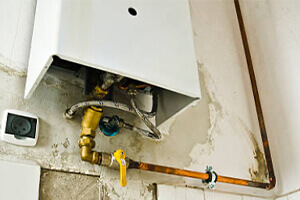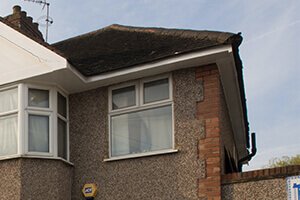Housing Disrepair Solicitors
Expert Housing Disrepair Advice & Representation
- 99% Success rate
-
Over 25 Years of experience in Housing Law
-
Solicitors Firm, with no ‘middlemen’ and no Claims Management Company
-
We accept claims against Company/Private Landlords, Councils & Housing associations
- Our service is FREE on a NO WIN, NO FEE basis
Starting your housing disrepair claim is easy

Step 1
Complete our online check and let us know about the disrepair
Step 2
Our Specialist Solicitor will get in touch for your FREE consultation

Step 3
We’ll send a letter of claim to your Landlord
What is a Housing Disrepair Claim?
Whether renting from a Private individual/company; housing association; or local authority/council, your landlord is responsible for ensuring you live in a safe and habitable environment.
If you have complained to your landlord about disrepair and they have not responded or failed to address the issues by carrying out necessary works of repair then you could be eligible to bring a housing disrepair claim.
As housing disrepair Solicitors, we can help determine whether the landlord is at fault and if submitting a housing disrepair claim would likely lead to compensation. Our service is FREE on a NO WIN, NO FEE basis.
Landlord’s responsibilities
There are two pieces of legislation that outline a landlord’s responsibility towards the upkeep of a property, as well as what could be grounds for housing disrepair claims. One is the Landlord and Tenant Act 1985, and the other is the Homes Fitness For Human Habitation Act 2018, also known as Human Habitation Act.
Under the Homes Fitness For Human Act, private landlords have the duty to keep the property’s structure and exterior in good condition. This includes but is not limited to the obligation to carry out repairs to:

Water, electricity, gas, and sanitation or sewage installations

Heating installations, both for space and water heating

External pipes, walls, roofs, door frames, gutters, floorboards, and drains
There are other things that could also deem a breach, such as failure to ensure the property is safe. This could include failing to address structural defects, gas leaks, broken doors or locks, lack of compliance with fire safety regulations, vermin, etc.
Another thing you should note is that you may have a claim for housing upkeep neglect whether the rented property belongs to a local authority, a private individual, or a property management company if they were designated by the owner to ensure living standards were maintained.
Housing Disrepair Compensation
The compensation you claim is usually divided into three categories:
Personal injury
This would apply if you suffered from ill health as a result of the landlord’s refusal to keep the property in a suitable condition.
For example, mouldy walls can cause allergies or aggravate existing conditions, such as asthma.
Compensation amounts are calculated based on how severely your health has been affected, and if applicable, the duration of the disease or condition caused. If your health has been affected, liability may also need to be established through the opinion of medical experts.
Compensation for personal injury may also cover financial losses that are a direct result of ill health. This could include medical costs and lost earnings.
You do not have to have a Personal Injury to bring a Housing Disrepair claim against the landlord, in fact most cases do not.
Damage to personal belongings
For example, if a pipe bursts as a result of housing disrepair and your possessions sustained water damage, you could claim financial compensation for the costs incurred in repairing or replacing your possessions– (with some caveats).
General inconvenience
This refers to any expenses you may have incurred as a result of housing disrepair.
For instance, if your rented home was flooded and became unfit to live in and you needed to pay for alternative accommodation.
Making a housing disrepair claim
Housing disrepair claims can be made even if you don’t have a written tenancy agreement. But before commencing a claim, there are two conditions that must be met:
Disrepair could be anticipated. This means that claims are only valid if disrepair was foreseeable and landlords should have a) known about it or b) been informed about it. Thus it is important for you to keep a record of all your complaints about the disrepair to the landlord.
You should keep as much evidence as you can, including photos, text messages, videos, emails, receipts, etc. It may also be necessary to gather supporting evidence from other tenants and to conduct an independent inspection of the property by an Expert Surveyor.
Talk to a Solicitor about your Housing Disrepair Claim
Send us a message and we will get back to you.
By submitting your details on this form, you agree to our Privacy Policy. Information on how we handle your data is in our Privacy Policy.
Client Testimonials
See what our clients say
